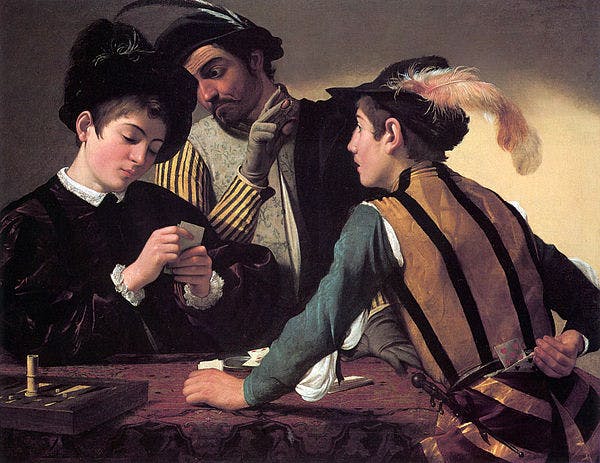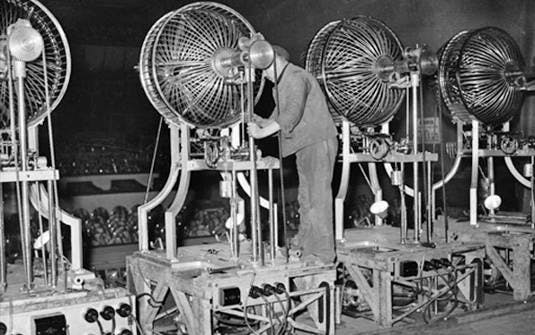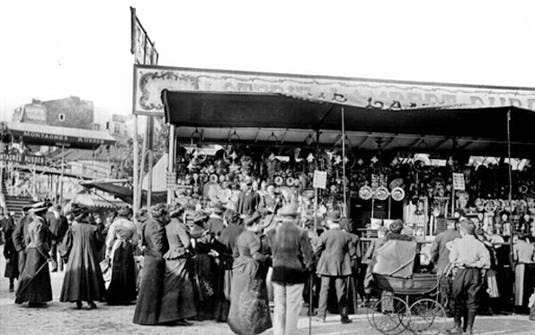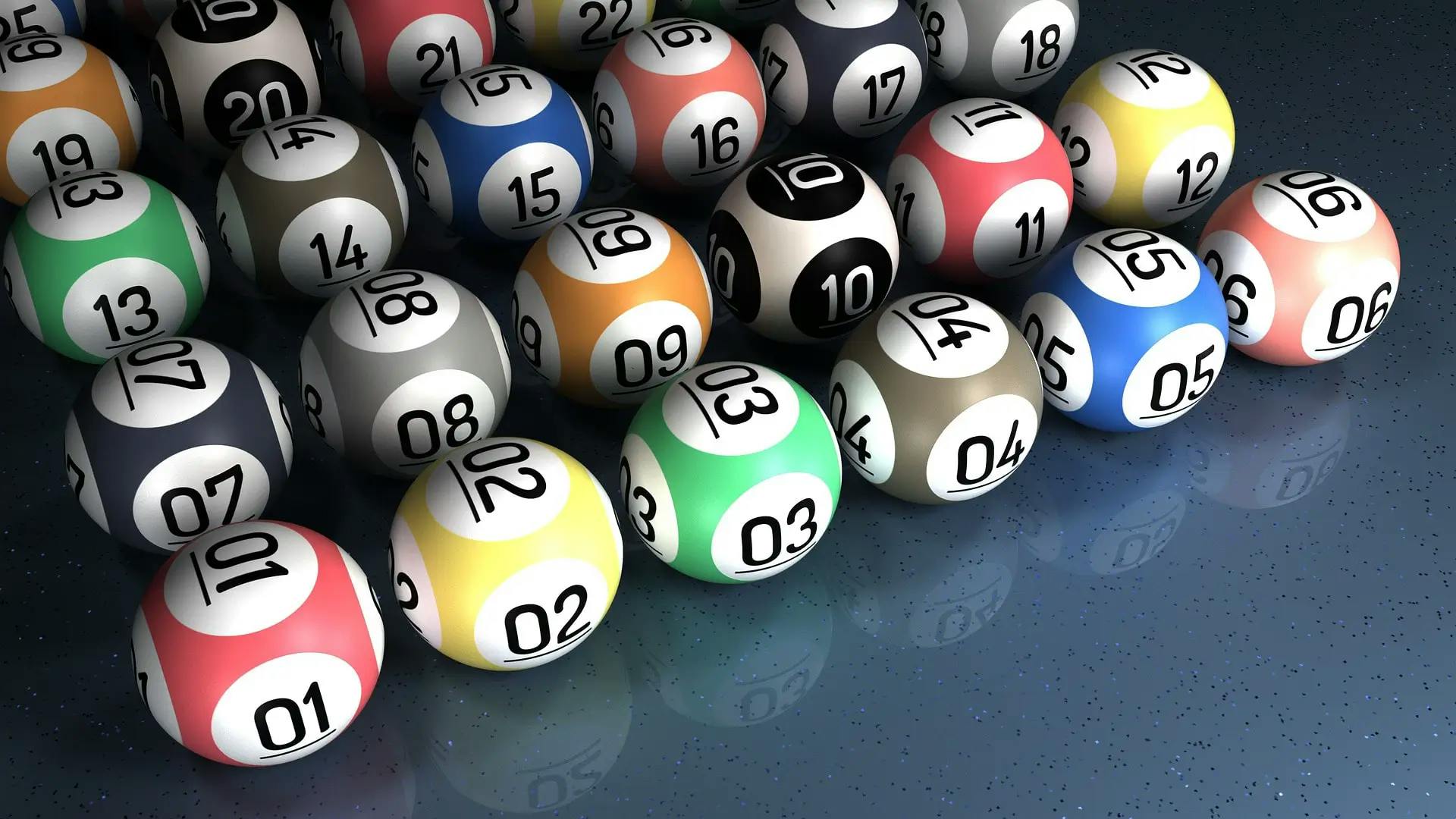Genoese Lottery: How a Governmental Drawing Shaped Modern Lotteries
Discover how this historical game from Genoa shaped not only gambling but also the society around it.
The Lottery House
tags:
lottery
history

Political Origins and the Creation of the Genoese Lottery
In the heart of the Republic of Genoa, in the 16th century, a system was born that would become a milestone in the history of gambling: the Genoese Lottery. Initially, these draws had significant political purposes - they were used to elect members of the local government. This seemingly simple practice laid the foundation for a remarkable evolution in the culture of gambling.
Transformation into Entertainment and Betting

Over time, the interest of Genoa's citizens in the results of political draws evolved into more active involvement. They started placing bets on the outcomes, an intriguing development that eventually led to the formalization of the Genoese Lottery as a betting game, distinct from its political roots. This moment marked a historical turning point, transforming a political selection mechanism into a popular form of entertainment.
The Revolutionary Game Mechanics

The Genoese Lottery introduced innovative mechanics for its time: players bet on numbers that would be drawn, a concept quite similar to contemporary lotteries. This was one of the first instances of a lottery game where participants had the freedom to choose their own numbers. This innovation not only increased participants' enthusiasm and engagement but also set a model for future lottery games.
Influence on Modern Lotteries

The impact of the Genoese Lottery on modern lotteries, especially in Europe, cannot be underestimated. Its number selection system significantly influenced the development of lottery games in other countries. In a way, the Genoese Lottery served as a prototype for many of the lottery games we know today, with its format being replicated and adapted in various national contexts.
Cultural and Social Impact

The popularity of the Genoese Lottery crossed the borders of Genoa, spreading to other regions of Italy and attracting people from all social classes. It became more than a game; it was a social event, a gathering point for the community, and a reflection of the cultural trends of the time. The lottery played a significant role in social and cultural life, being a topic of conversations, meetings, and even literary and artistic works.
Contribution to Society

In addition to being a captivating pastime, the Genoese Lottery played a crucial role as a funding mechanism for public initiatives. This social aspect of the lottery was highly valued at the time, as it transformed a simple leisure activity into a significant contribution to collective well-being.
Participants, by placing their bets, were, in fact, investing in their community. It was a playful engagement but with practical and positive consequences, strengthening the bonds between entertainment and social responsibility. Each purchased ticket became an act of solidarity, where individual pleasure aligned with support for projects that brought tangible benefits to society as a whole, from the construction of public infrastructure to the support of philanthropic causes. Thus, the Genoese Lottery was more than a game of chance; it was an institution that reflected and reinforced the sense of community and the collective consciousness of its participants.
Decline and Its Lasting Legacy

Despite success and popularity, the Genoese Lottery faced a gradual decline, driven by political, economic, and social changes. The introduction of new forms of lottery games and the implementation of stricter government regulations contributed to the loss of relevance of its original format. However, the legacy of the Genoese Lottery persists to this day. It not only influenced numerous lotteries worldwide but also significantly contributed to the popularization and evolution of number-based luck games.
Research and Exploration

To deepen understanding of this fascinating aspect of gambling history, researchers and enthusiasts can turn to historical records and archives in Genoa, which contain details about the operation and influence of the lottery. Additionally, academic studies on the history of gambling in Europe often include analyses of the impact and evolution of the Genoese Lottery.
The history of the Genoese Lottery is a fascinating example of how an institution can evolve and adapt over time, impacting not only the society in which it originated but also influencing cultures and practices worldwide. It is a reminder that even the simplest forms of entertainment can have a profound and lasting impact.